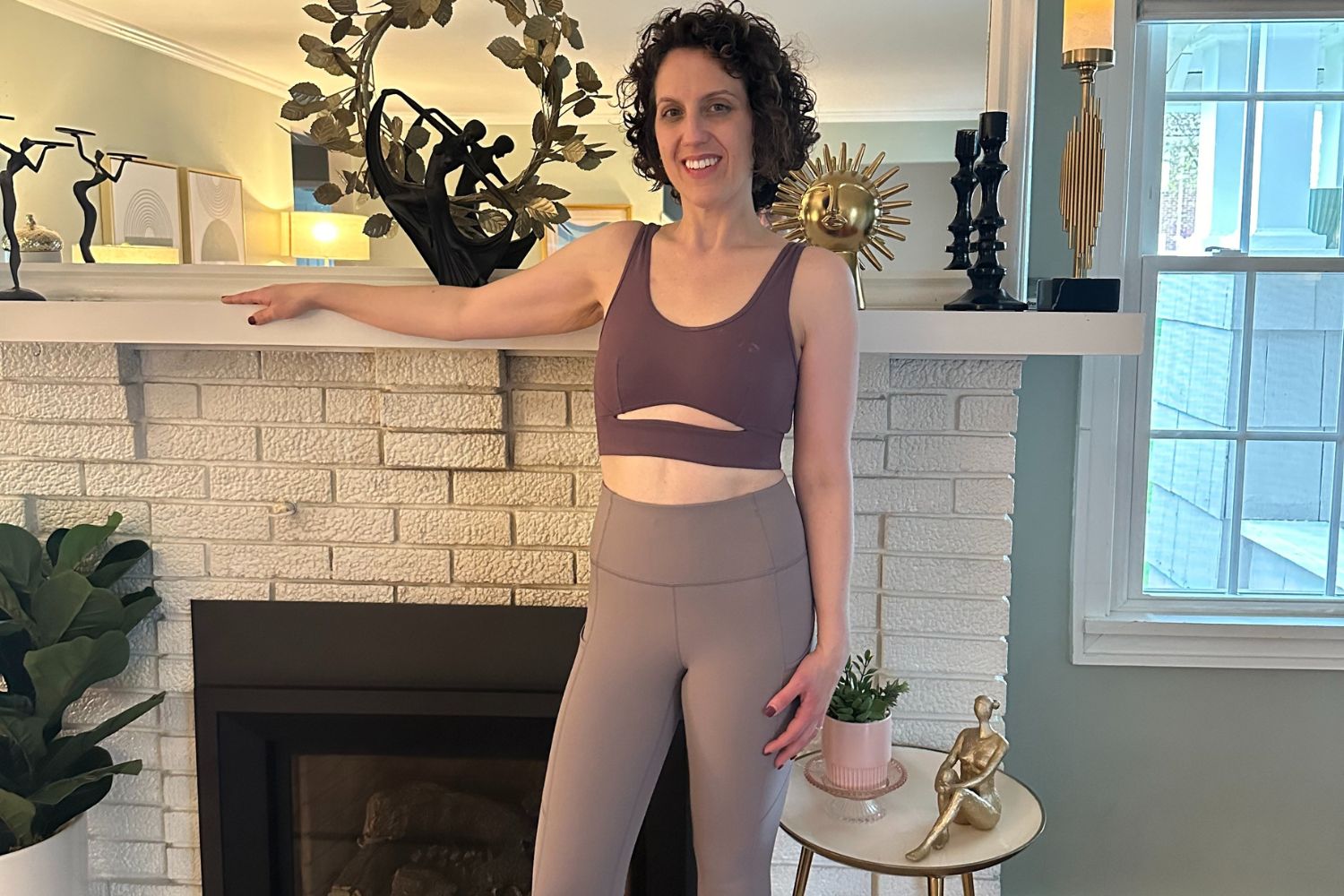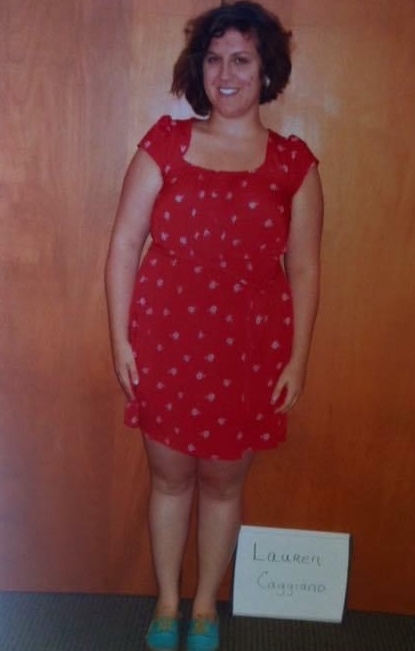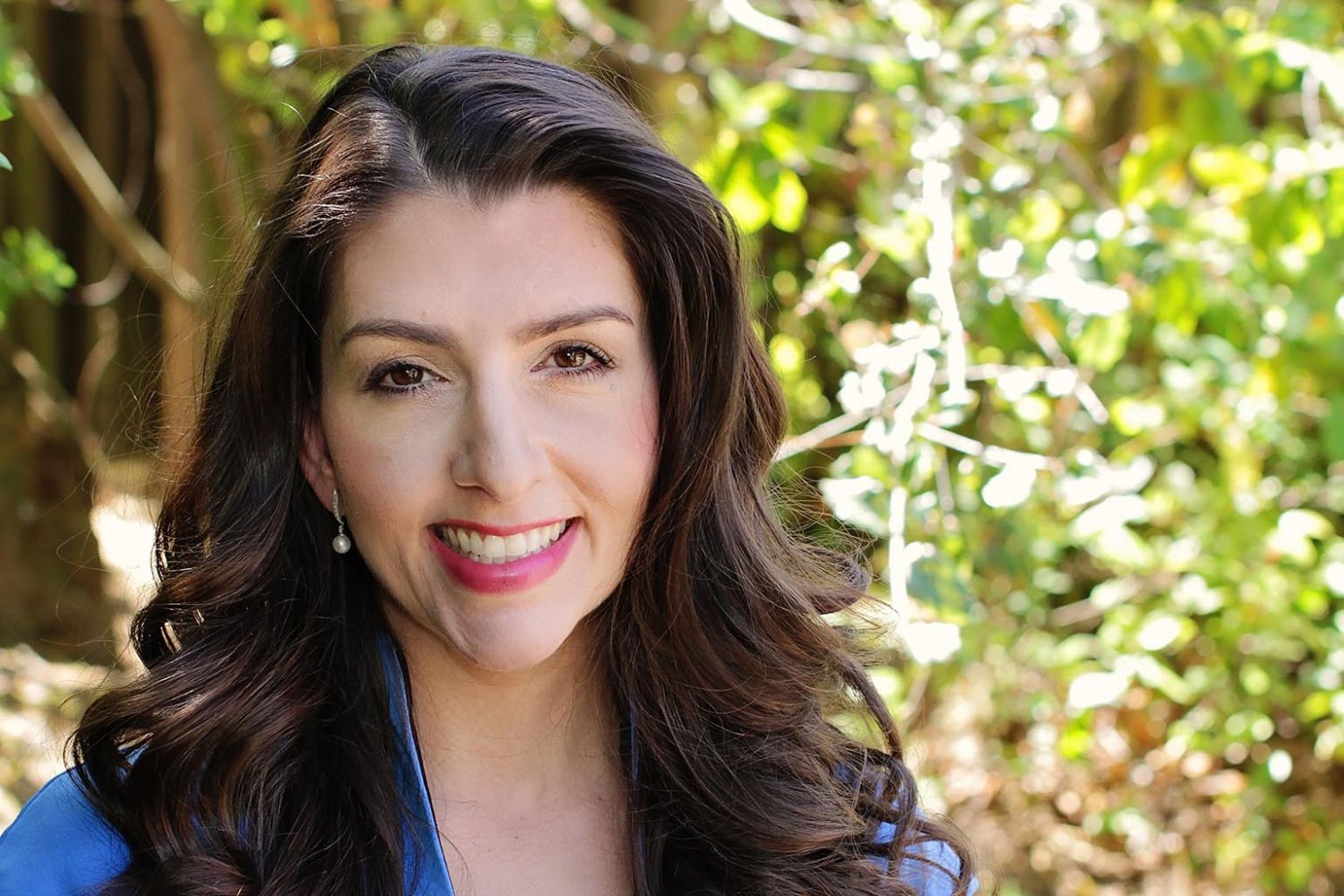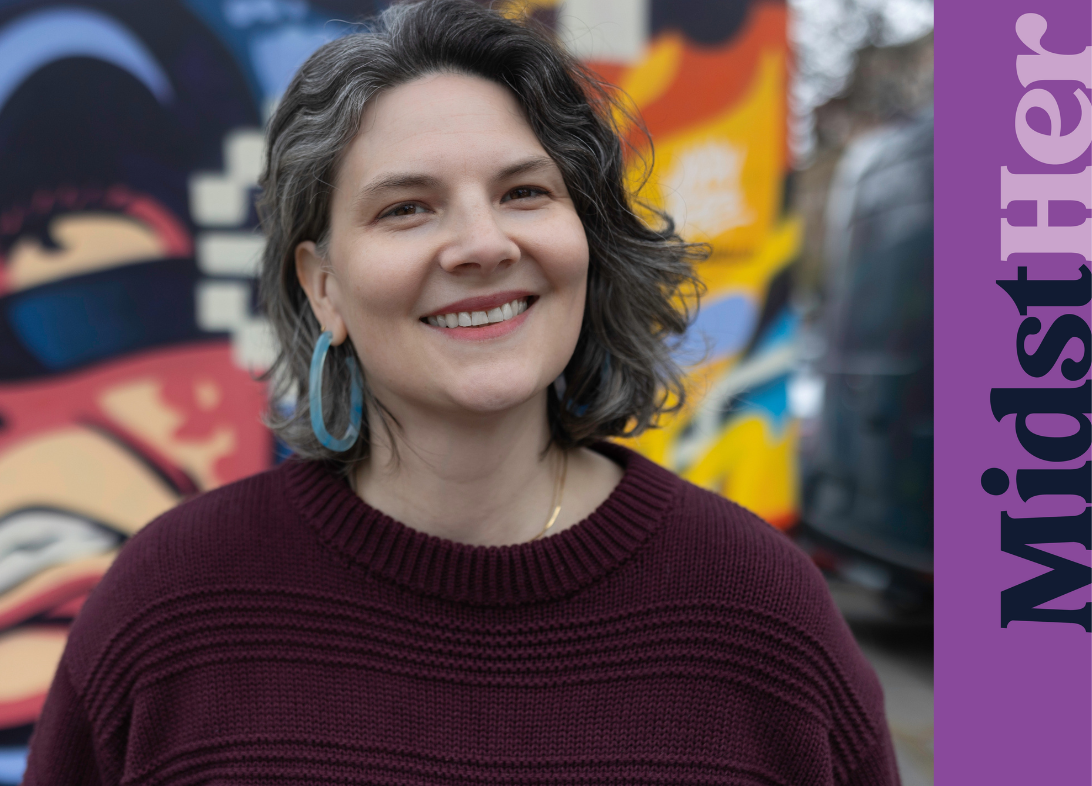
From screaming into the void to getting answers: How women in midlife can feel seen and heard at the doctor
I can still see the smug look on my doctor’s face on that day back in 2009. At that point, I was 30 pounds overweight, lethargic, and desperate for change. At age 25, I was adjusting to the post-college lifestyle, but my health only seemed to worsen, despite my best efforts.
Put simply, I was tired of being fat and wanted my mojo back. At that point, I had been a faithful vegetarian for three years and had recently adopted a regular yoga practice. When I expressed my concerns about my expanding waistline, my physician — let’s call him Dr. Smith — shrugged me off. “I walk three miles every morning.” Ok, Boomer.
In retrospect, the fact that he didn’t order labs was negligent. Knowing what I know now, I presented with a classic case of hypothyroidism. (According to Mayo Clinic, some of the telltale signs of the disorder include tiredness, more sensitivity to cold, constipation, and weight gain — all of which I had at the time.)
Yet this middle-aged man just thought I needed to do more light cardio and the pounds would magically melt away. Ouch. The medical gaslighting — and healthcare gender bias — was real.
Spinning my wheels searching for a diagnosis
My quest for answers continued at different doctor’s appointments, yet I kept hitting dead ends. A few years later, around 2013, I switched primary care providers. Upon sharing the same concerns as in Dr. Smith’s office, I was met with a similar attitude. “Maybe try South Beach Diet?” That was the best she could do? Recommend a diet composed of significant animal protein? Yeah, no thanks.
I wish I could say these were two isolated incidents but they’re not. More recently, I was at a sleep study follow-up appointment. The doctor, an Indian-born male in his 60s, completely discounted my lived experience and even put my well-being on the line. My sleep study results came back “normal,” yet I was (and still am) experiencing unexplained morning fatigue. He determined it was best for me to go on a stimulant to give me a jolt. “Sir, I’m already on a stimulant for my ADHD. Did you not even glance at my chart?”
To make matters worse, he explained how it was dangerous to get pregnant on the drug, so he recommended hormonal birth control use as a precautionary measure. At this point, I was beyond taken aback–and angry. I’m a recent survivor of hormonal breast cancer. Under no circumstances is it advisable for me to use oral contraception. Furthermore, I was in treatment-related artificial menopause at the time, so getting pregnant was 99.99% out of the question anyway. This was yet another time when I felt like a provider didn’t care enough to really listen.

Inclusive healthcare: The good, the bad, and the cringe
All of these misadventures have left me feeling demoralized at best. Despite everything, I still found a way to find solutions and address my weight-related concerns. I’ve maintained a 60-pound loss by adopting a largely low-sugar and whole foods vegan diet alongside adopting a strength training regimen. The experience (and the related challenges) inspired me to become a certified personal trainer and health coach. My quality of life is perhaps better than before breast cancer. [Editor’s note: The header image atop the page is a current photo of the author.]
Yet, many people in my shoes give up on their health goals because of the medical system’s flaws. So what’s a person who’s desperate to get answers to do? According to experts like Leesa Ackermann, acting as your own advocate or hiring a professional like herself can make a meaningful difference.
Ackermann, a former registered nurse and founder of Health Advocate Professionals, said a little preparation can go a long way in having a productive visit.
“You should always have your medical history and include medications that you’ve tried and why you went off of them,” she said. “Make note of…the good and the bad of a medication or procedure.”
With the median primary care visit only lasting about 19 minutes, it’s also important to make the most of your limited time. With this in mind, Ackermann suggests creating a one-page handout that summarizes your medical history, to provide medical staff. The same goes for logging symptoms and coming prepared to present specific questions or related information.
However, don’t hesitate to push back if a provider recommends the most extreme or invasive treatment or procedure, she said.
Despite healthcare gender bias, women’s health is health
On the opposite end, sometimes you have to fight to get a diagnosis. Heather Guidone, surgical program director at the Center for Endometriosis Care, knows what that’s like, as someone living with the disease.
“Knowing what you have and putting a name to something is validating and empowering,” she said. “I knew what was wrong. I was right about it.”
Years later, women’s health is now in the spotlight. For instance, the president and First Lady Jill Biden launched the White House Initiative on Women’s Health Research in November of 2023, which aims to, “fundamentally change how our country approaches and funds research on women’s health.”
In other words, it’s becoming more acceptable to share health struggles publicly. More people with power and influence are listening, too — and that matters.
But the most important person in your health journey is yourself.
“You really first have to educate yourself and become passionate and invested about learning about your disease, disorder, or condition,” she said. “And that’s true for endo, of course. But for thyroid disease, perimenopause, and menopause, there’s so much to unpack…that you really have to understand [your respective condition].”
Your body, your rights
Practically speaking, Guidone recommends that patients ask themselves a few important questions: What am I dealing with? What’s my goal? Do I want a diagnosis? Do I want to be pain-free? In cases of fertility, would I like to preserve it or not?
In her words, “You’re already an expert on you. Now become an expert on your disease.” That might mean seeking out reliable sources that promote an evidence-based approach, for instance.
Speaking of evidence, Guidone reminds readers that maintaining a file of medical records is another way to look out for your best interests.
“You have a right to your records, “she said. “And if there’s incorrect data, you have a right to correct it. And that’s very important. I think people sometimes don’t know that they ultimately have control there, but they do.”
And last, don’t forget you don’t have to go it alone. Guidone said support groups, whether virtual or in person, can change your trajectory. In her experience, this factor was life-changing. “I don’t know that I would have gotten the care that I ultimately did, without the help of others who came before me,” she said.
The bottom line
I don’t wish my encounters with the broken medical system on anyone. But the way I see it, my struggles can help others avoid the same frustrations. In short, arriving at your ideal health destination (whatever that might look like) comes down to the following:
- Listening to your body — and following up on new or worsening symptoms
- Doing your homework
- Using your voice to get answers and equitable care
It’s not my responsibility to right the wrongs of modern healthcare in America. But like any issue, the more we talk about it in the open, the closer we can come to a solution. My hope is that articles like this will prompt meaningful action on a systemic level. In the meantime, you can find me diligently completing patient satisfaction surveys.




